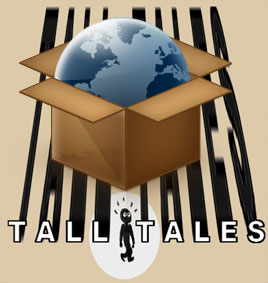Longitude
CEF level: C1
1. What is longitude? Position/location east or west.
Which of these statements is most accurate?
True or false?
- 3. A marine chronometer is used to calculate a ship's location.
True or false?
- Latitude is not difficult to calculate. True
b You need a fixed harbour time & the time on board to calculate the longitude of a ship True
c Longitude is your distance north or south of the Equator False
d ‘Heavenly Bodies’ refers to the Sun, Moon, stars etc. True
e The British most commonly used Greenwich time. True
Choose a synonym for the word or phrase in bold
1. It's relatively easy to calculate .... b) comparatively
2. The answer to that problem turned out ....
b) was discovered to be
3. Before a ship set sail
a) start a voyage
1. It's relatively easy to calculate .... b) comparatively
2. The answer to that problem turned out ....
b) was discovered to be
3. Before a ship set sail
a) start a voyage
It's relatively easy to calculate latitude - your distance north or south of the Equator - by measuring the position of the heavenly bodies. But those alone won't let you calculate longitude - your position east or west. The answer to that problem turned out to be an accurate clock - a chronometer. Before a ship set sail, its chronometer would be set to the local time in harbour - for the British this was usually Greenwich. Once at sea, you could then compare the time at Greenwich with the time on board ship, wherever you were, which you could tell by the sun. And the difference between the two times gave you your longitude.
There are 24 hours in the day so, as the earth rotates, every hour that the sun seems to move across the sky is 1/24th of a complete circle of the globe - 15 degrees. So if you know that you're three hours behind the time in Greenwich, you're 45 degrees west - in the middle of the Atlantic. If you're three hours ahead, then you're 45 degrees east - and so, on Greenwich latitude, you're somewhere south-west of Moscow.
There are 24 hours in the day so, as the earth rotates, every hour that the sun seems to move across the sky is 1/24th of a complete circle of the globe - 15 degrees. So if you know that you're three hours behind the time in Greenwich, you're 45 degrees west - in the middle of the Atlantic. If you're three hours ahead, then you're 45 degrees east - and so, on Greenwich latitude, you're somewhere south-west of Moscow.
Wonderful materials for English language learners!! Ms Fann, ESL teacher, Nashville, USA
